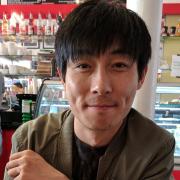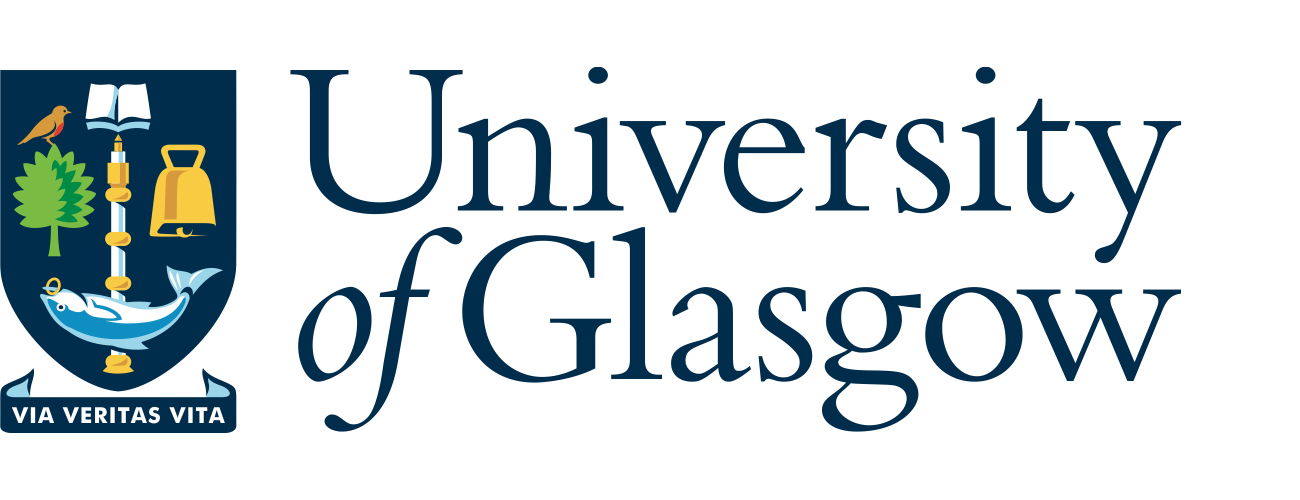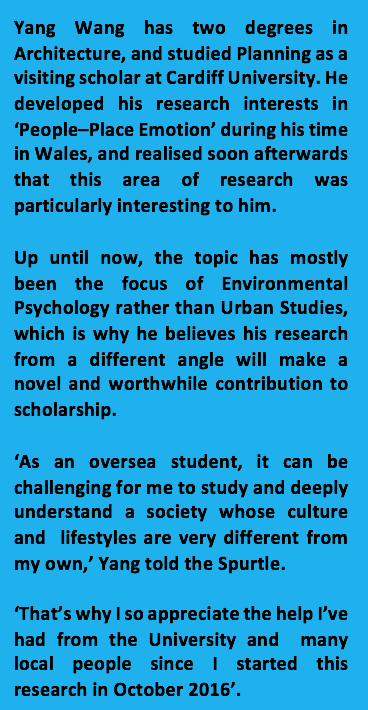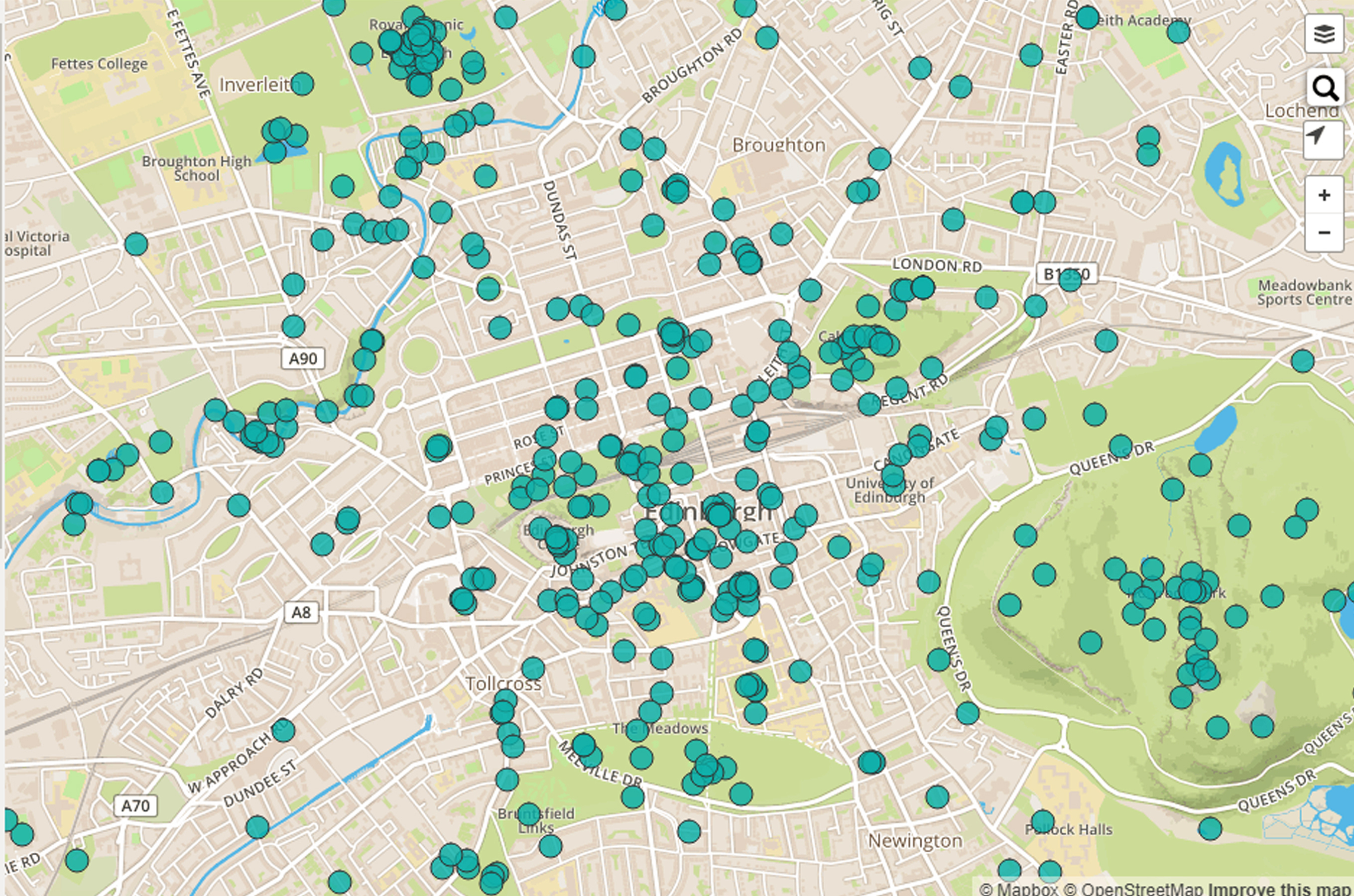
CAN YOU HELP POSTGRADUATE RESEARCH?
Yang Wang is a second-year PhD student at Glasgow University. His Urban Studies research aims to investigate and geographically visualise residents’ emotional attachment to their everyday historic environment, and Broughton is one of the areas he’s looking at in detail.
Below, he outlines the project (which Spurtle reckons may well interest those readers concerned about planning pressure on much loved places in this area) and invites locals to get involved.
Emotional connections between residents and the historic environment have important psychological meanings for individuals’ sense of identity, belonging and continuity. I believe that when planners and/or project instigators propose changes, they should do so in a way that enhances (rather than threatens and disrupts) such emotional bonds.


Aims and methods
So, the purpose of this research is to provide relevant evidence for professional planners and policymakers to consult, whilst also supporting engaged members of the public in presenting their concerns.

I chose Edinburgh as the case-study area, and members of local civic associations as the research participants, because such groups and activities have been powerful pro-conservation influences in shaping the UK’s urban landscapes. They’re therefore really useful for revealing the value of considering emotional considerations in conservation and planning.
As paart of my PhD, I’ve designed a questionnaire which includes both normal and map-based questions. These questions cover themes which focus on (but aren’t limited to) residents’ emotional attachment to the historic environment. The use of mapping will help me to transfer the psychological data into spatial information.
To take part:
- You can follow THIS LINK to the online questionnaire.
- At the end of the questionnaire you’ll also be invited to say whether you’d like to take part in a follow-up interview.
I would greatly appreciate your participation and contributions. I would also be very happy to visit you in Edinburgh, at your convenience – not for the purpose of interviewing, but to have a chat and listen to your ideas and suggestions about my research.
To get in touch or just to find out more about Yang’s project, contact him via his university email here: y.wang.10@research.gla.ac.uk
